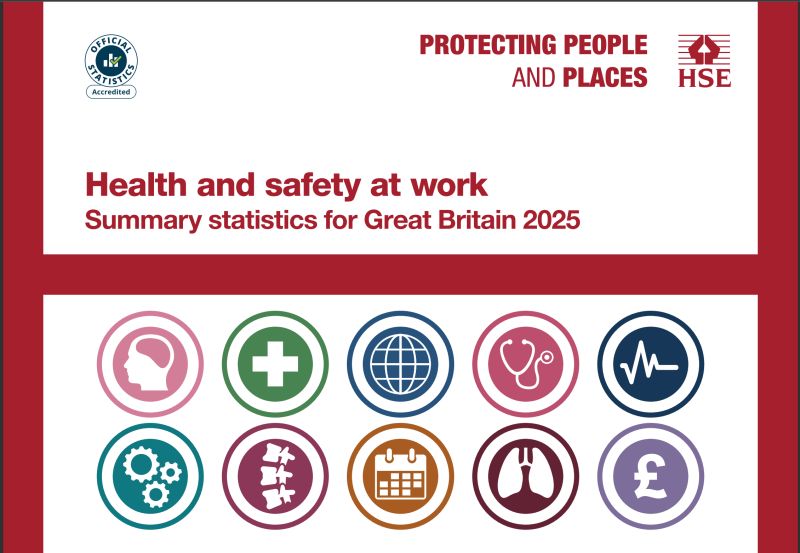Lone working has become increasingly common across various sectors, from retail to construction, health, and social care. With the rise of gig economy jobs and technological advancements, many roles now involve individuals working alone without direct supervision. This situation presents unique challenges for employers, as they must ensure the health and safety of workers who may not have immediate support during emergencies.
Understanding Lone Workers
A lone worker is defined as someone who works by themselves without close or direct supervision. These workers may be stationed at fixed locations such as petrol stations, warehouses, or homes, or they could be mobile, visiting different locations such as construction sites, customer homes, or commercial premises.
While lone workers face the same hazards as their counterparts in group settings, the absence of nearby support increases their risk. For instance, if a lone worker suffers an injury or becomes ill, they might not have immediate help at hand, leading to potentially serious consequences.
Employer Responsibilities
Employers are legally responsible for the safety and welfare of all workers, including those who work alone. This responsibility cannot be transferred, even if the individual is a contractor or self-employed. According to the Health and Safety at Work Act and the Management of Health and Safety at Work Regulations, employers must:
- Conduct risk assessments to identify and mitigate hazards faced by lone workers, considering specific risks such as manual handling, violence, and the suitability of the worker for solo tasks.
- Provide adequate training, supervision, and support systems.
- Ensure there are effective means of communication so lone workers can contact someone in case of emergencies.
- Monitor and review risks periodically, especially after any changes in the work environment or personnel.
Employers should consider how factors like working late hours, handling cash, or working in high-risk environments (e.g., construction sites) might increase risks for lone workers. Violence, stress, mental health, and fatigue are also key concerns that must be addressed.
Managing Lone Worker Safety
To protect lone workers, employers need to establish effective communication systems. Regular check-ins, personal safety devices, and emergency response plans are essential components of a robust safety framework. According to the HSE’s Protecting Lone Workers: How to manage the risks of working alone guidance, risk assessments must consider foreseeable emergencies like accidents or sudden illnesses, and employers should ensure workers have reliable means to call for help. Additionally, employers must assess whether lone workers require first aid training, particularly if their roles involve higher risks of injury.
Training plays a vital role in empowering lone workers to manage risks and emergencies. Lone workers need to be equipped with the skills to handle unexpected situations independently, whether it’s administering first aid to themselves or responding to potential violence from clients or members of the public.
Importance of Lone Working Training
Given the unique challenges faced by lone workers, it’s crucial for employers to provide comprehensive training tailored to these individuals. Lone working eLearning helps employees understand the risks associated with working alone and teaches them practical ways to stay safe. This includes conflict management, dynamic risk assessment, and communication techniques.
In addition to general lone working training, first aid training for lone workers is essential, particularly in sectors where workers might encounter physical risks. Lone workers must be able to manage basic first aid in emergencies, especially when help might not arrive immediately.
Conclusion
Protecting lone workers is not just a legal requirement but a moral obligation. By conducting thorough risk assessments, providing relevant training, and maintaining strong communication links, employers can ensure that lone workers are as safe as their colleagues in more conventional work environments.




